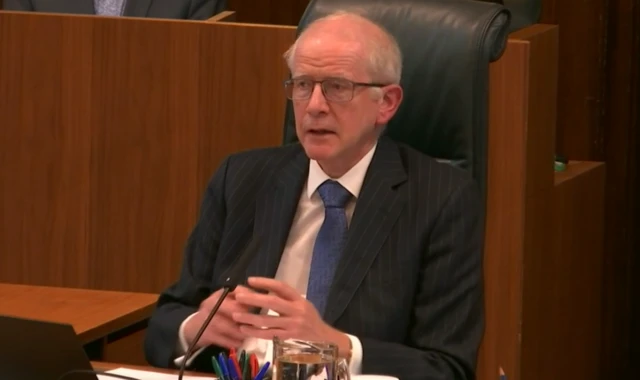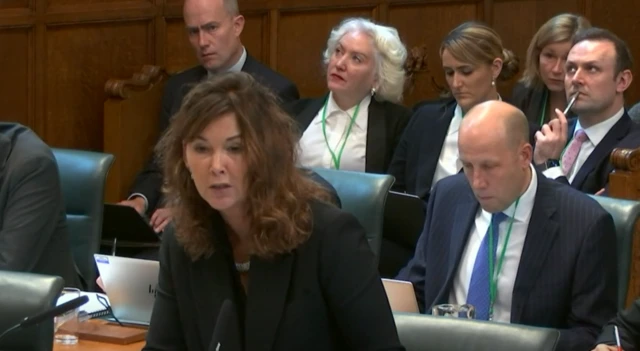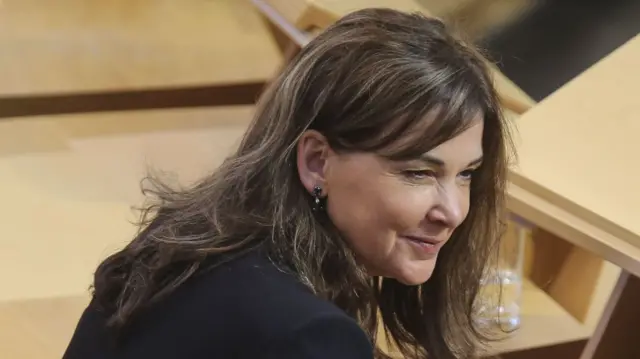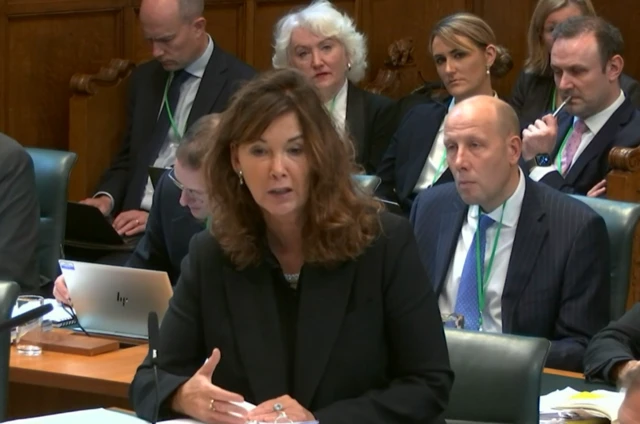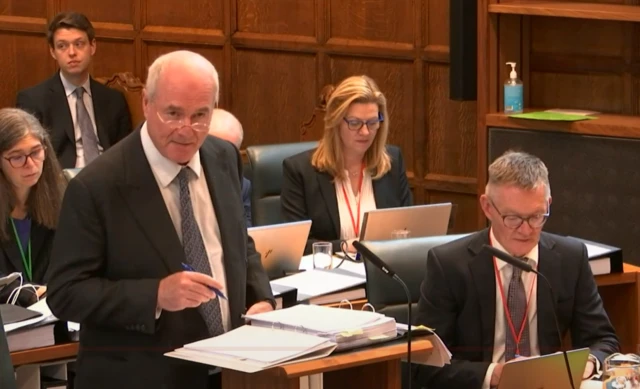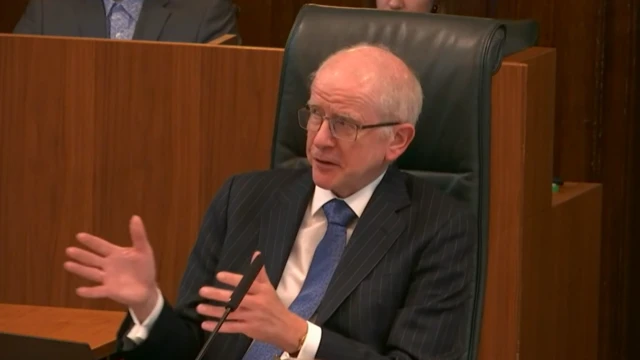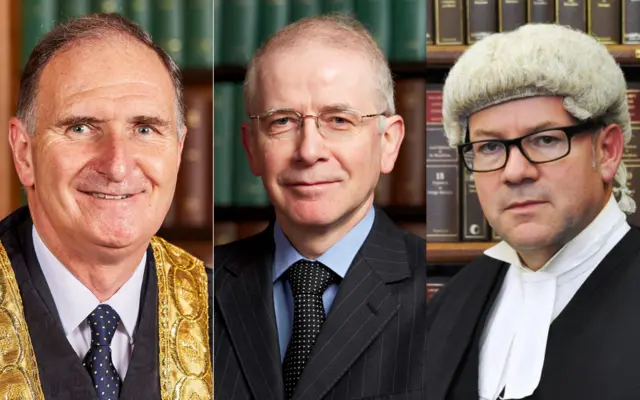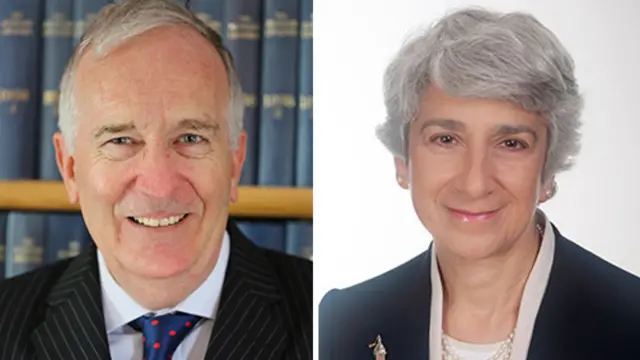That's all...for nowpublished at 16:20 BST 12 October 2022
It may take the Supreme Court several months before it issues a ruling, now that the submissions are complete.
BBC Scotland will bring you all the developments on this story as and when they happen.
That's all from our live page team today. Have a good evening.


